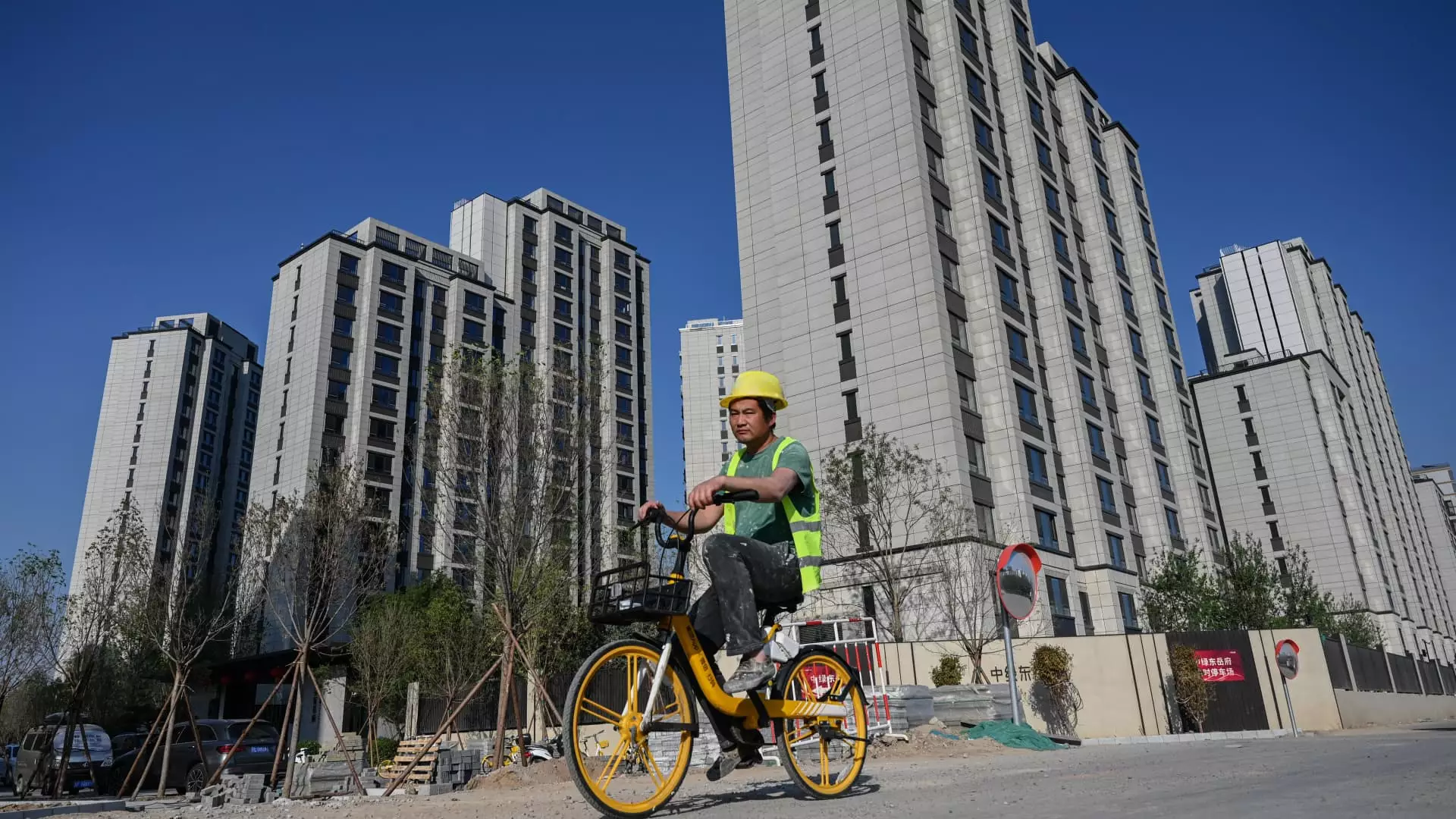The International Monetary Fund recently raised its forecast for China’s growth this year to 5%, up from 4.6% previously, citing strong first quarter figures and recent policy measures. This upgrade in forecast followed the IMF’s visit to China for a regular assessment. Additionally, the organization now expects China’s economy to grow by 4.5% in 2025, higher than the previous forecast of 4.1%. However, there are concerns that by 2029, China’s growth may decelerate to 3.3% due to factors such as an aging population and slower productivity growth, marking a decrease from the IMF’s prior forecast of 3.5% growth in the medium term.
China’s economy exceeded expectations by growing 5.3% in the first quarter, supported by robust exports. Despite this positive performance, data for April revealed subdued consumer spending, with industrial activity showing improvement. Recently, Chinese authorities unveiled measures to bolster the struggling real estate sector, including removing the floor on mortgage rates. While these policy actions are viewed as positive by the IMF, they emphasize the need for more comprehensive measures to address the challenges faced by the sector.
Gita Gopinath, the IMF’s first deputy managing director, emphasized the importance of mobilizing central government resources to protect buyers of pre-sold unfinished homes and expedite the completion of such properties. She also highlighted the need for greater price flexibility in the housing market, coupled with monitoring and mitigation of potential macro-financial risks. Gopinath emphasized that stimulating housing demand and restoring equilibrium are crucial objectives that require concerted efforts.
During her visit to China, Gopinath engaged with key stakeholders including the People’s Bank of China Governor, Ministry of Finance Vice Minister, Ministry of Commerce Vice Minister, PBOC Deputy Governor, and National Financial Regulatory Administration Vice Chairman. She underscored the importance of near-term macroeconomic policies to support domestic demand and mitigate risks. Gopinath highlighted the significance of structural reforms to address challenges and rebalance the economy. Chinese President Xi Jinping also emphasized the need for promoting high-quality employment, particularly for college graduates and young people, according to state media reports.
While the IMF’s upward revision of China’s growth forecast is a positive development, challenges such as an aging population and productivity slowdown loom on the horizon. Addressing these challenges will require proactive policy measures, structural reforms, and targeted interventions to sustain growth momentum and ensure economic stability in the long term.

Leave a Reply